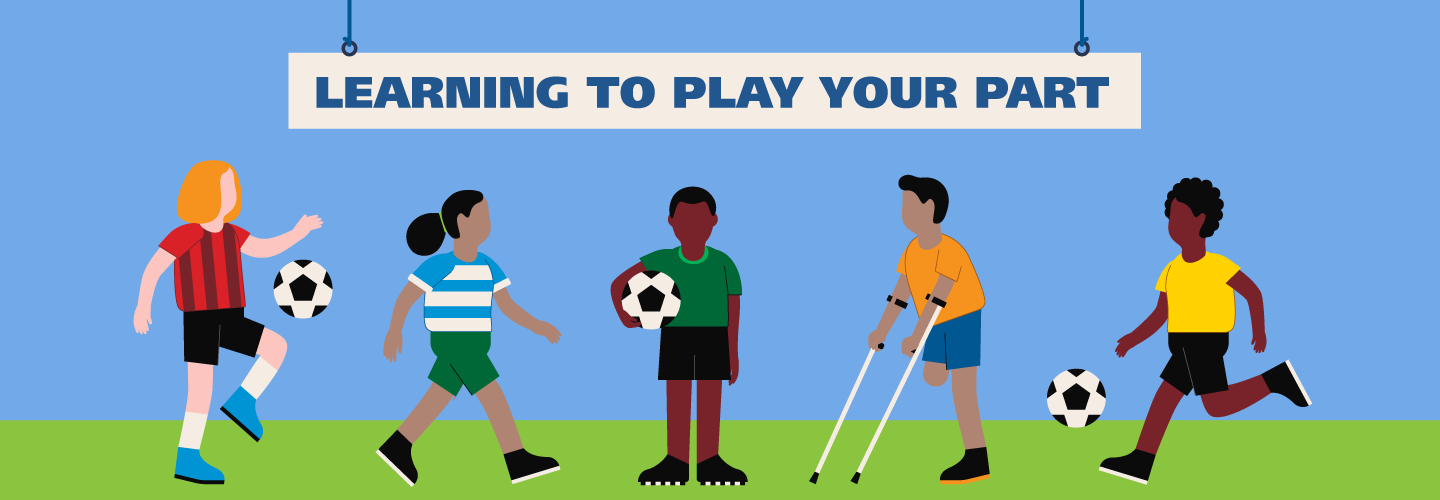The safeguarding officer is responsible for preventing any risk of harm to children involved with the club or academy and to respond appropriately if the code of ethics is broken or an incident occurs. Everyone in football has the right to be safe from harassment, abuse and exploitation – be it physical, emotional or sexual – neglect or bullying.
When a club appoints a safeguarding officer, one of their key duties is to create a code of ethics for the club which protects the people involved in football and promotes the integrity of football and the values of safe sport.
It is important that the safeguarding officer also identifies other vulnerable groups over the age of 18, such as women and people with disabilities, in order to be able to safeguard them and to help keep the game free from harassment, abuse and exploitation. When members of the football family, such as players, coaches, officials, volunteers or staff members, are subjected to or engage in abusive behaviour or misconduct, it is the safeguarding officer who must step in to support and protect the person who has been harmed and prevent any such incident from reoccurring.
Experts Marie-Laure Lemineur (Head of Safeguarding & Child Protection, FIFA) and Gülhan Gündüz (Head of Child and Youth Safeguarding, Turkish Football Association) joined the FIFA Training Centre to break down and analyse the role of safeguarding officers.
Safeguarding courses
FIFA is working together with its 211 member associations and the six confederations to raise safeguarding standards and develop a comprehensive approach to safeguarding best practice throughout the game. One of the cornerstones of this commitment is the FIFA Guardians safeguarding programme.
You can study the courses developed by FIFA, together with its MAs and the confederations, to promote children’s well-being in football and to develop a comprehensive approach to safeguarding best practice throughout the game.
To learn more about safeguarding in football, please click here:














